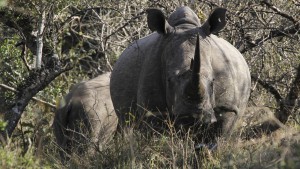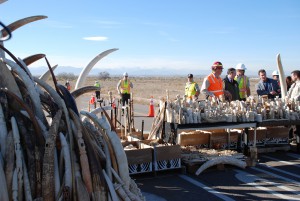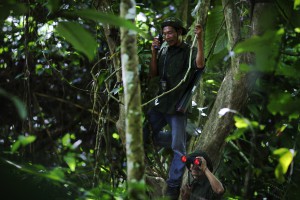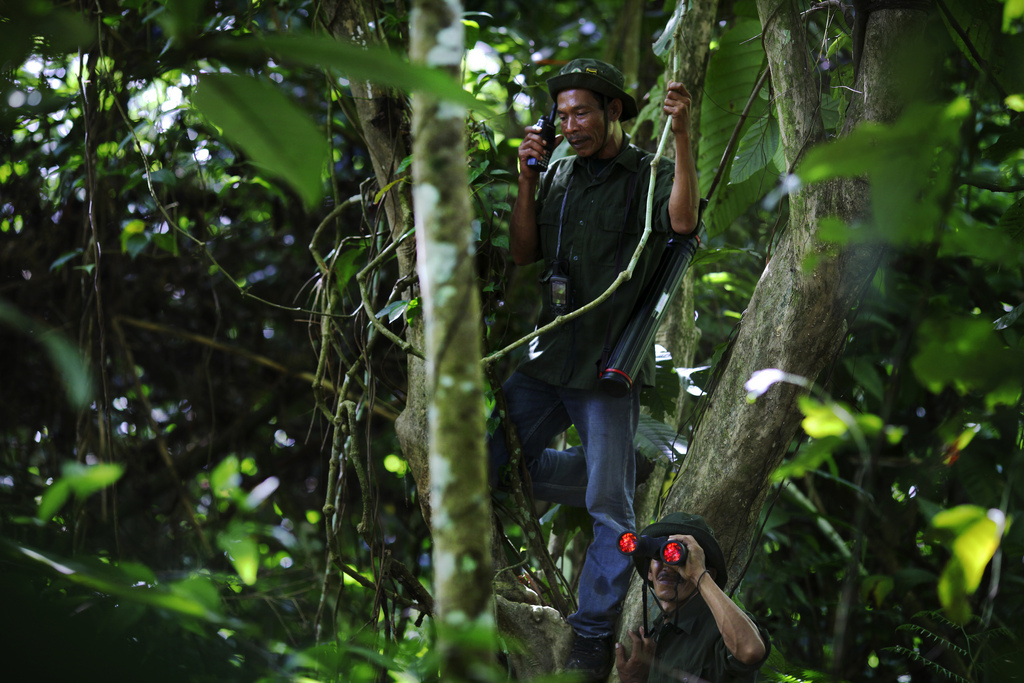Wildlife crime occurs all over the world and every day, there are new cases. These crimes do not go unnoticed, but as corrupt officials are often involved in covering up their tracks, reporting these crimes and naming suspects may be both futile and dangerous. How can one go about reporting these incidents anonymously? WildLeaks, an online project aimed at protecting the world from wildlife crime, may be the answer.
When WikiLeaks published almost 400,000 secret documents about the US involvement in Iraq and more than 250,000 United States diplomatic cables back in 2010, it invoked a strain on international relations and made WikiLeaks and its founder Julian Assange famous overnight. Similar to WikiLeaks, WildLeaks is targeting the big players: Rather than ratting out poachers, smugglers and other replaceable henchmen, WildLeaks seeks to catch the heads of the international networks behind these crimes.

The initiative was started by Andrea Crosta, an Italian security analyst who is known for unravelling the links between the Somali terrorist organisation al-Shabaab and illegal ivory trade. It is sponsored by the Elephant Action League, a non-profit charity organisation also headed by Crosta, which is seeking to root out wildlife crime and ivory trade in particular.
In order to guarantee anonymity and provide safety from potential spectators for the informants, WildLeaks has set up a website hidden within the network of the infamous anonymising service Tor. The 18 interface languages on the website make the project more accessible to its global audience. After a tip-off, a small team of experts review and verify the information. After that, they collect additional data and contact their trusted partners, law enforcement agencies or media outlets that are able to help putting the crimes to an end, all while doing their best to keep their sources anonymous.

The reasons for these rigid security measures are quite obvious. Nowadays, wildlife crime is a well-organised industry with revenue estimated at $19 billion per year, making it the fourth largest illegal activity worldwide, with narcotics, counterfeiting and human trafficking heading the field. Increasingly, the activities are orchestrated by international criminal cartels and terrorist organisations. This means that any interest in the activities can be dangerous and sometimes even lethal. In October of 2014, a Cambodian journalist was killed after reporting illegal logging activities to the local authorities. A soldier and two policemen were arrested in connection with the crimes, marking the deep-running corruption that is instrumentalised by the crime networks.
Many of these activities have been fuelled by globalisation and China’s fast rise in economic strength. This has created an ever-growing middle and upper class that are able to obtain some of the rarest ingredients traditional Chinese medicine makes use of, such as ivory or parts of feline predators. Today, more than half of the ivory shipments seized in Kenya are destined for China. In just five years, from 2009 to 2014, the recorded amount of rhinos poached in South Africa has risen tenfold. This has put a severe strain on the populations of the very few rhinos that are left and pushes them to the edge of extinction.
This hike in the illegal trade with animal parts has caused an outrage amongst wildlife preservationists, but the politics still lag behind when it comes to introducing reforms that would inhibit wildlife crime severely. Wildlife protection is a field that many states seem to have a lot of problems to agree on. Even if they can decide on a common policy, the resulting charters are voluntary for the signatory states, which in return undermines the whole purpose of these treaties. Slowly but surely, increased punishments and more coherent international policies are put into place, but will it be fast enough to save the beating heart of our planet?

While that remains to be seen, WildLeaks fills an important niche in the fight against wildlife crime, one that traditional police organisations have not been able to cover. The expert know-how and technical security measures give this initiative an advantage over local police forces that allows WildLeaks to be active worldwide. WildLeaks went through a three-month trial period in 2014, during which 24 twenty-four tip-offs were made. The crimes reported were not just restricted to ivory trade, as one might think. Amongst the tip-offs were activities such as illegal fishing in Alaska, the killing of endangered Sumatran tigers, and illegal logging in Malawi, Mexico and Siberia. As evaluating the information is a very slow process and as WildLeaks also has an obligation to protect its sources, only few tip-offs to law enforcement agencies have been made public yet.
By Michael Schätzlein
Image credit:
Picture 1: Lawrence OP, licensed under CC BY-NC-ND 2.0
Picture 2: Kate Miyamoto / USFWS Mountain-Prairie, licensed under CC BY 2.0
Picture 3: Abbie Trayler-Smith / Panos Pictures / DFID – UK Department for International Development, licensed under CC BY-NC-ND 2.0










